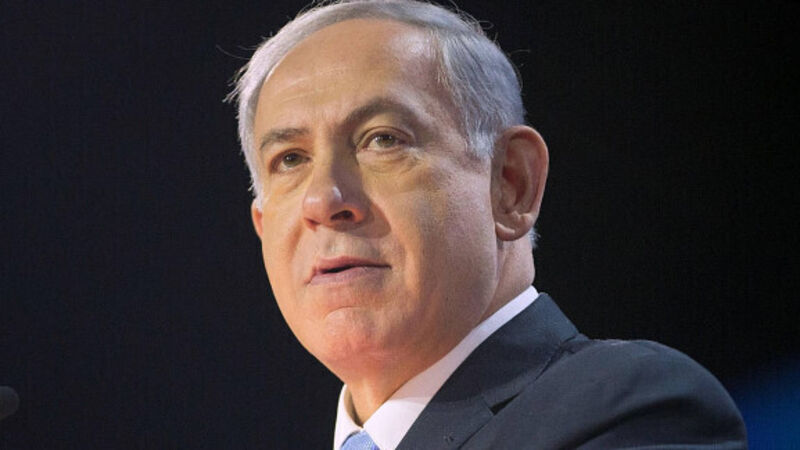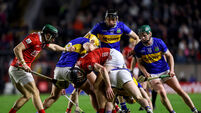Benjamin Netanyahu claims win in Israeli election

Israeli prime minister Benjamin Netanyahu has declared victory after a tight election appeared to give him the upper hand in forming the country’s next government.
In a statement on Twitter, Netanyahu said that, “against all odds”, his Likud Party had secured a “great victory”.














